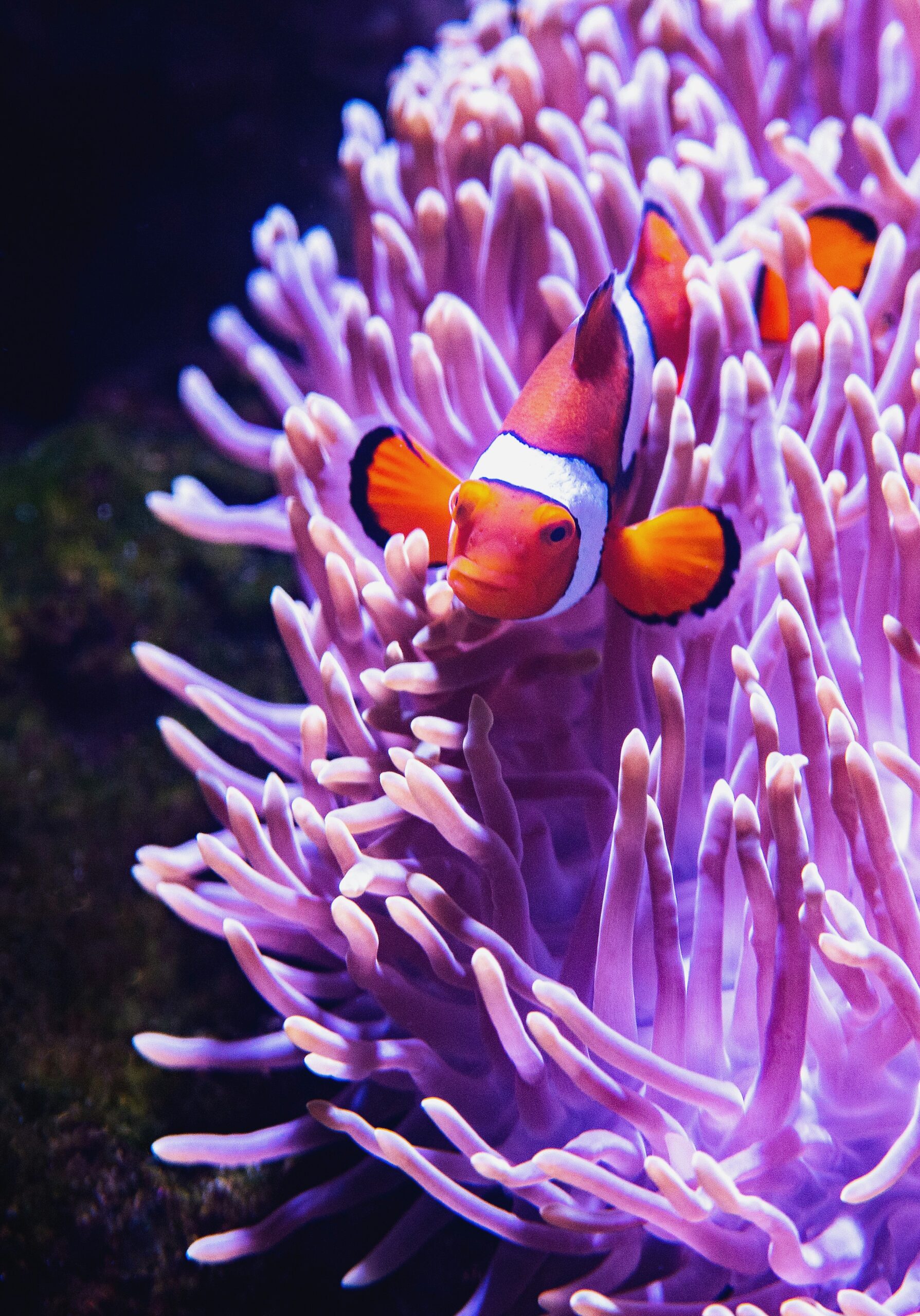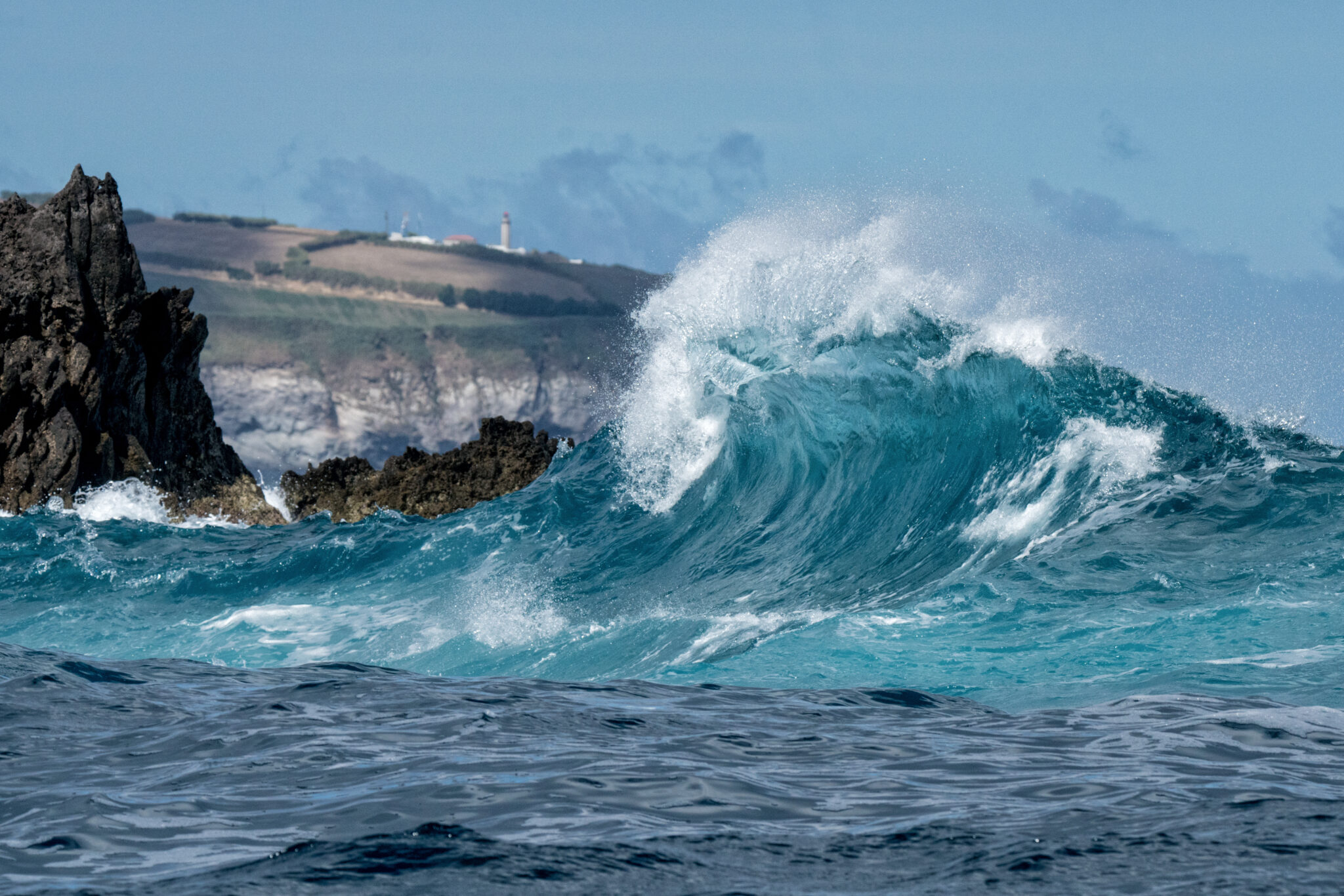MAY 16, 2024
Press Release
Antarctic and Southern Ocean Coalition

Kochi, May 20 2024: The 46th Antarctic Treaty Consultative Meeting (ATCM) begins in Kochi, India, this week amid growing alarm about the impacts of the climate crisis, human activities, and avian flu on Antarctica’s fragile ecosystems and iconic wildlife. The Antarctic and Southern Ocean Coalition (ASOC) urges Parties to the Antarctic Treaty to recall the spirit of collaboration at the heart of the Treaty and seize this opportunity to adopt robust measures to reduce and prevent impacts on Antarctic ecosystems.
In response to a steady growth in Antarctic tourism, this year’s ATCM will have a special focus on tourism and is expected to start work on a comprehensive framework for managing the impact of the steadily rising numbers of people visiting Antarctica, including enforceable rules and regulations. ASOC is advocating for a holistic approach and protection to be rapidly scaled in line with the Convention on Biological Diversity’s Global Biodiversity Framework target of at least 30% terrestrial and marine protection.
“Formal regulation of tourism has been delayed for too long. However, the upcoming ATCM offers a crucial opportunity to finally adopt enforceable regulations and prevent impacts on Antarctica’s biodiversity.” said Claire Christian, ASOC’s Executive Director.
The increasing numbers of tourists and research stations in the region also means more microplastics and “gray water”–the water used for bathing, laundry, etc.–discharged into Antarctica’s waters. Gray water discharges, which often include microplastic fibers from synthetic clothing fabrics, are currently unregulated. Microplastics have already been detected in Antarctic waters and species. To combat this emerging threat, ASOC and its members are calling on ATCM to impose stricter requirements on vessels and research stations.
ASOC is also supporting the designation of the emperor penguin as a Specially Protected Species, which is threatened with significant population declines by 2100 due to accelerating climate change in the region. The proposal is underlined by a recent study by the British Antarctic Survey that found record-low sea-ice levels caused entire colonies of emperor penguin chicks to perish last year and warned their populations could plummet by 99% by the end of the century. The ATCM has not been able to reach consensus on this proposal in previous years despite clear and compelling evidence–but must act now to protect this iconic species.
ASOC and partners Deutsche Umwelthilfe, the German Environment Agency, and the National Centre for Polar and Ocean Research in India will also be launching a ‘Youth for Antarctica’ programme and organizing activities with kids in Kochi. On May 22, a terracotta mural depicting eight iconic Antarctic species created by local children and youth will be unveiled to delegates before being opened to the public at the National Centre for Polar and Ocean Research in Goa, India. More information can be found here.
[END]
Partner quotes
“The Antarctic ecosystem plays a vital role in regulating the planet’s climate by storing carbon, recycling nutrients, and producing life-sustaining oxygen. However, this fragile region faces growing threats from climate change, concentrated fishing, and pollution, jeopardizing its essential functions and the well-being of our entire planet. With global leaders committing to safeguarding at least 30% of the world’s oceans by 2030, the upcoming annual Commission for the Conservation of Antarctic Marine Living Resources meeting offers a clear opportunity to take an essential step toward that goal by designating new protected areas in the Antarctic Peninsula. By safeguarding the Southern Ocean, our leaders can demonstrate their resolve to uphold their responsibilities as environmental stewards,” said Andrea Kavanagh, director of Antarctic and Southern Ocean conservation work for the Pew Bertarelli Ocean Legacy Project.
“The climate crisis is unfolding at an alarming pace, and the cryosphere, a critical component of our planet’s ecological balance, is bearing the brunt of this crisis with unprecedented speed and severity. As our 2023 State of the Cryosphere Report warned, even 2°C of global warming would mean losing significant portions of both polar ice sheets, leading to irreversible and catastrophic sea level rise. It’s time at ATCM to recognize the global importance of Antarctica’s most essential “ecosystem service” – keeping its ice sheets intact through sufficiently urgent action to reduce fossil fuel emissions, to slow the impacts of climate change on vulnerable low-lying regions far from the poles. The fate of Antarctica, and thus of the planet as humanity has known it, hangs in the balance,” said Pam Pearson, Director of International Cryosphere Climate Initiative.
“The looming threat of the climate and biodiversity crises are jeopardizing the essential functions of Antarctica and its surrounding Southern Ocean. Both–Parties to ATCM, as well as CCAMLR Members, who are meeting later in October–have the imperative responsibility to take action to protect this vital ecosystem and all the key species that rely on a healthy habitat, including the charismatic emperor penguin,” said Emily Grilly, Antarctic Conservation Manager, WWF-Australia.
“Children and future generations will bear the worst consequences of the climate and biodiversity crisis. It is vital that leaders listen to their voices and keep their future in mind when they meet at the ATCM and CCAMLR. By keeping their promise to protect 30 % of our oceans and land by 2030, they can not only safeguard Antarctic biodiversity, but also contribute to the climate stability of our planet. There is still a chance that future generations will be able to marvel at the biodiversity and unique wonders of Antarctica and the Southern Ocean, but for this to happen, leaders must act now,” said Sascha Müller-Kraenner, Executive Director of Deutsche Umwelthilfe.
Media contacts:
Patricia Roy (English, French, Spanish)- +34696 905 907,
patricia@communicationsinc.co.uk;
Meike Schützek (German, English) – 0176 82797897, info@meikeschuetzek.com
Notes to editors:
The Antarctic and Southern Ocean Coalition (ASOC) is a collaborative effort by conservation organizations from around the world to defend the integrity of Antarctic and Southern Ocean ecosystems from encroaching human activities. Its mission is to protect the Antarctic and Southern Ocean’s unique and vulnerable ecosystems by providing the unified voice of the NGO community.
About the Antarctic Treaty: A bit more than 60 years ago, in 1959 – at the brink of the Cold War – 12 countries agreed to the Antarctic Treaty. The central idea of the treaty was the freedom of scientific research in Antarctica and the peaceful use of the continent. Over the years, additional nations joined. Today, 56 countries are part of the Antarctic Treaty. The rally calls for all Antarctic countries to collaborate to protect the planet based on the core values of peace and science.
The Commission for the Conservation of Antarctic Marine Living Resources (CCAMLR) is the international body that is tasked with giving effect to the Convention and conserving Antarctica’s Southern Ocean. While the ATCM is separate from CCAMLR and does not involve itself in decisions concerning the proposals to create new MPAs in the Southern Ocean, both bodies fall under the Antarctic Treaty System. Additionally, 27 of the Parties to the Antarctic Treaty are also Members of CCAMLR. Thus CCAMLR and the ATCM share a common objective – preserving the health of Antarctic species and ecosystems – and must pursue similar policies to respond to the threat of climate change and to protect biodiversity. CCAMLR’s next annual meeting is happening in October 2024.
Further details:
Interview partners:
1. Claire Christian, Executive Director, Antarctic and Southern Ocean Coalition (ASOC)
2. Andrea Kavanagh, Director, the Pew Bertarelli Ocean Legacy Project
3. Meike Schützek, Consultant for the Antarctic and Southern Ocean Coalition (ASOC)
4. Sascha Müller-Kraenner, Executive Director, Deutsche Umwelthilfe (DUH).


